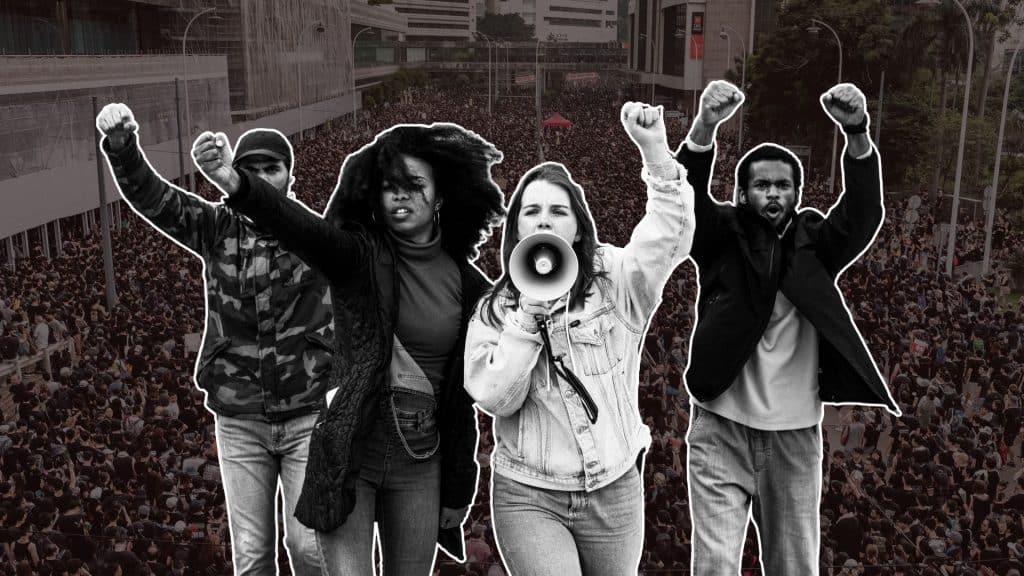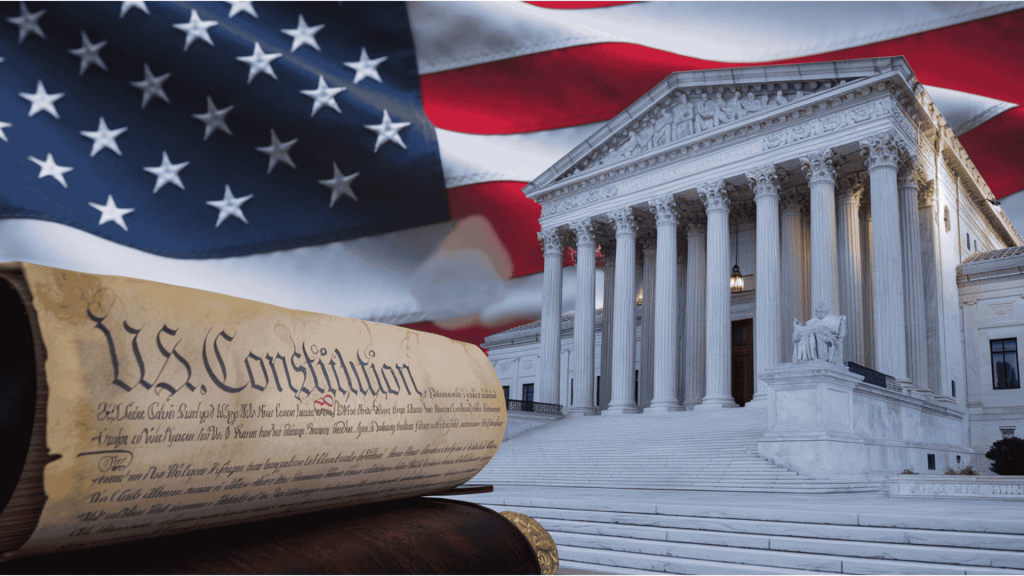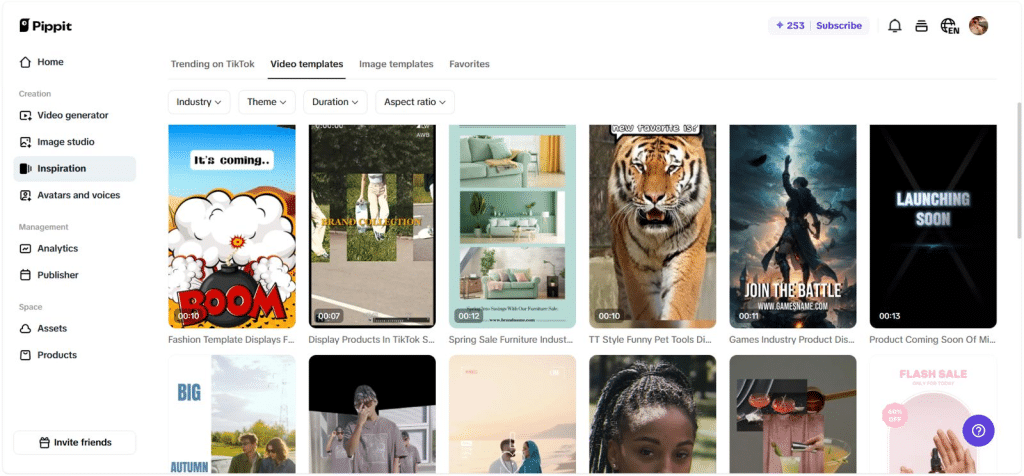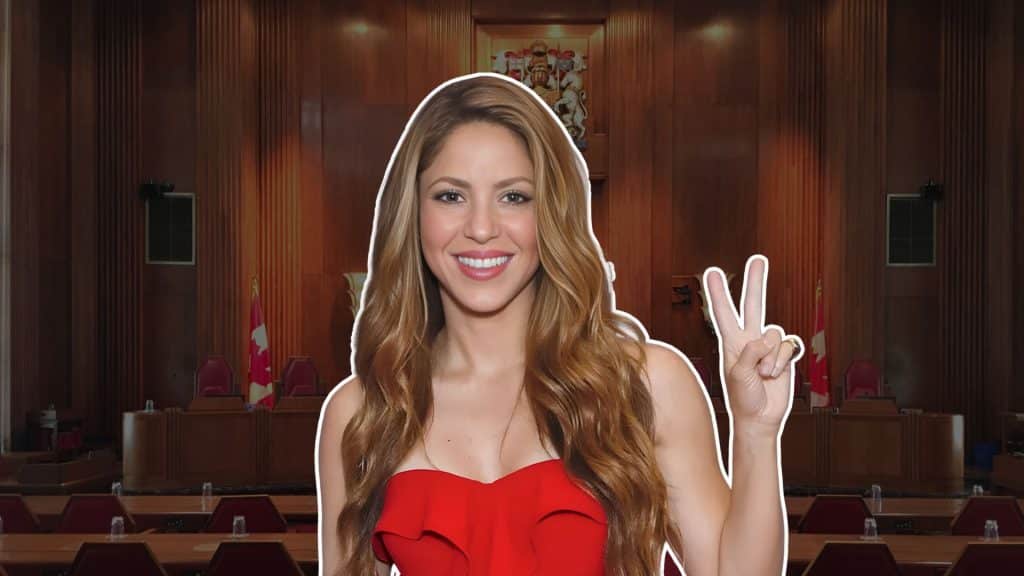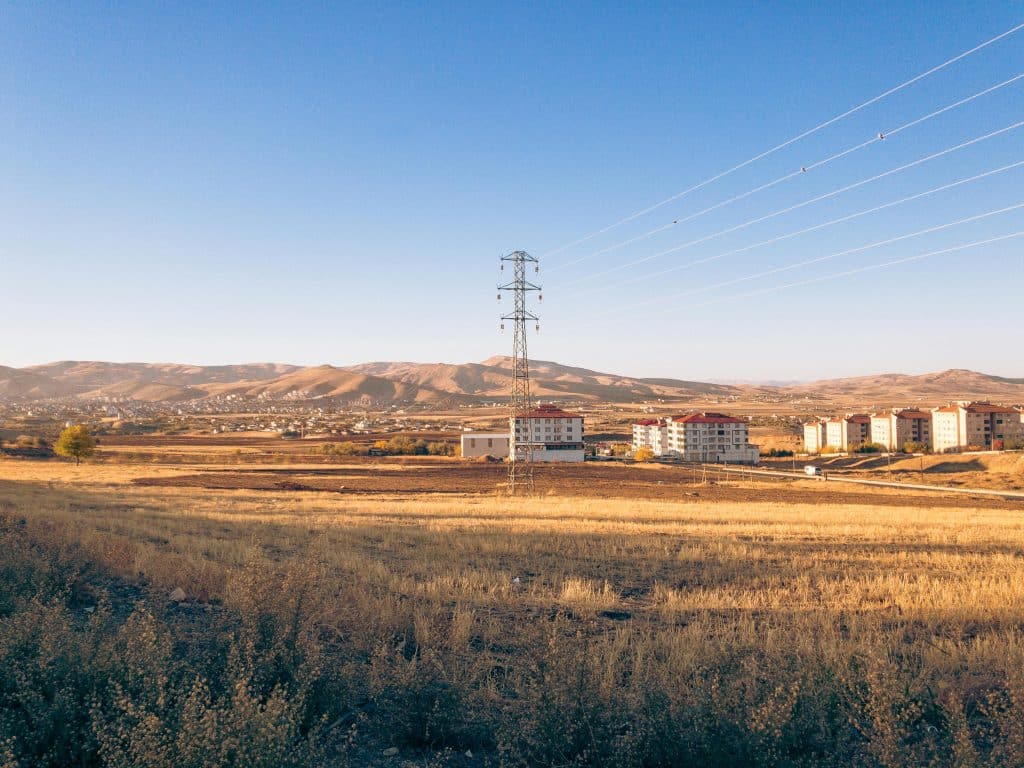Why do some political issues get attention from lawmakers while others get ignored completely?
Political activism in the US is reshaping the distribution of power, providing everyday people with new channels to participate in decision-making.
From grassroots organizing to digital campaigns, activists are reshaping the political landscape across the country.
These movements affect everything from local city council votes to major federal legislation that impacts millions of people.
Activists adapt older protest traditions into today’s context, blending them with tools like livestreams and hashtags.
Participation levels are evolving, with an increasing number of people experimenting with new forms of civic engagement.
This blog will demonstrate how political activism is changing American democracy and provide you with practical ways to get involved.
What Does Political Activism Mean in The US?
Political activism in America refers to individuals taking action to effect change in government and society. Citizens use their voices to influence policies affecting their lives.
Activism allows ordinary Americans to shape politics between elections. People organize and campaign to address issues they care about most.
Key aspects of political activism include:
- Building support from local communities across the country.
- Focusing on specific causes, such as healthcare and education reform.
- Supporting candidates who share similar values and beliefs.
- Using protests, marches, and public demonstrations for change.
- Meeting directly with elected officials to discuss important issues.
- Working within neighborhoods and local groups for improvement.
Activism creates feedback loops, bringing grassroots concerns into the halls of power where they can influence priorities.
By channeling public sentiment into concrete actions, activism turns ideas into policy debates.
Different Ways Political Activism Happens
Political activism takes many different forms across America right now. Citizens choose methods that match their skills and available time for participation.
| Type of Activism | How It Works | Best For |
|---|---|---|
| Digital Activism | Social media campaigns and online petitions | Reaching large audiences quickly |
| Grassroots Organizing | Door-to-door canvassing and community meetings | Building local support networks |
| Protests and Rallies | Public marches and demonstrations | Drawing media attention to causes |
| Electoral Work | Campaign volunteering and voter registration | Supporting specific candidates directly |
| Direct Communication | Calling and emailing elected officials | Influencing policy decisions immediately |
| Community Engagement | Town halls and neighborhood meetings | Addressing local issues effectively |
Each approach plays a crucial role in driving political change across the nation. Many activists combine multiple methods to maximize their impact on issues they care about most.
How Political Activism Affects Decisions and Laws?
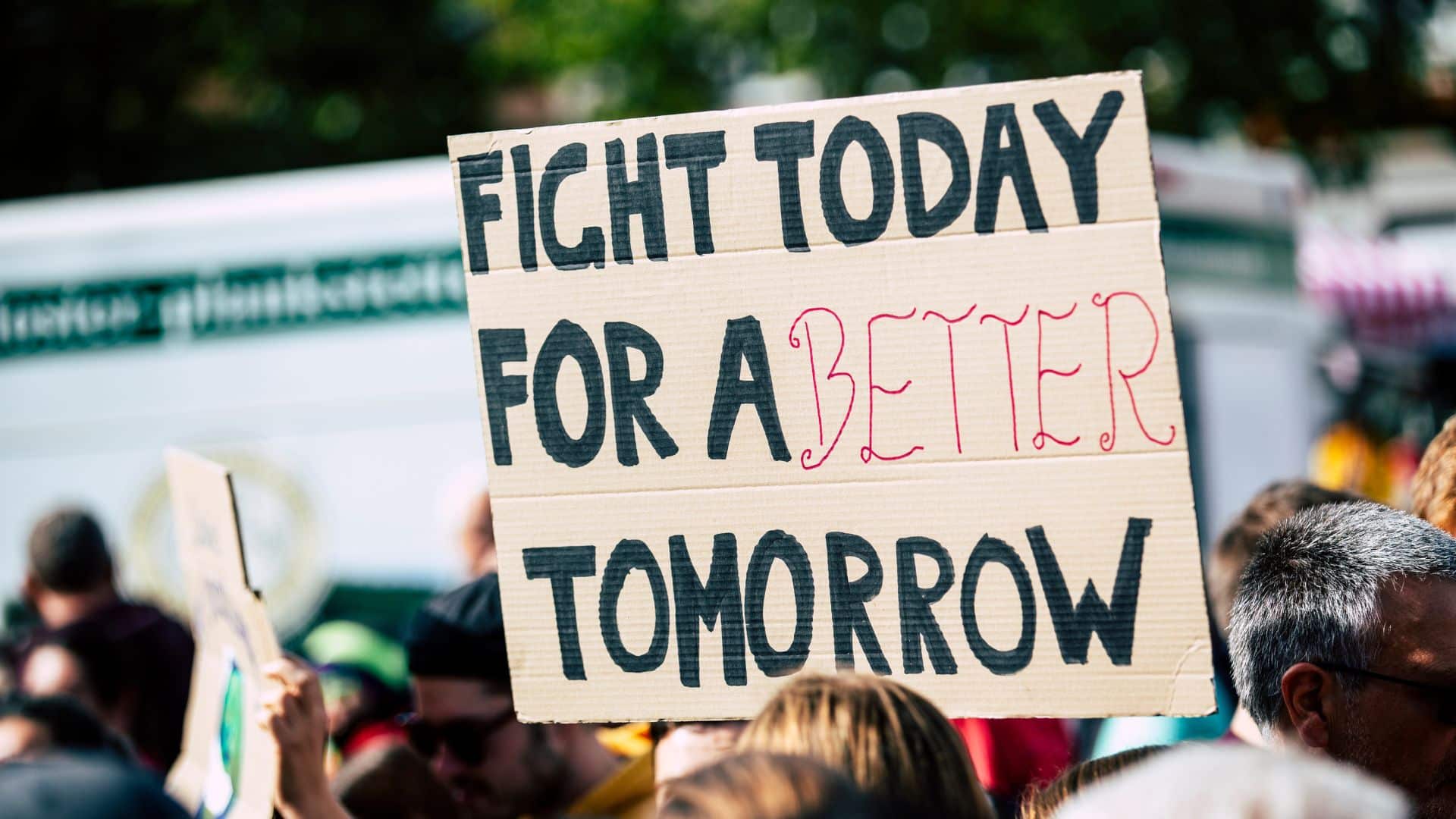
Political activism fosters genuine change by exerting pressure on lawmakers and government officials to address public concerns effectively.
Influencing Policy Creation
Activist groups regularly research issues and propose specific solutions to lawmakers. They provide detailed information that helps shape new bills and legislation.
When thousands of people support a cause, politicians take notice of voter demands. Public pressure often leads to faster action on important social issues.
Changing Existing Laws
Organized campaigns highlight problems with current laws that require immediate attention and fixes. Activists work to repeal or modify legislation that harms communities.
Court cases backed by activist organizations often successfully challenge unfair laws. These legal efforts can change how laws are interpreted nationwide.
Shaping Public Opinion
Media coverage of activist events educates citizens about important political issues. This awareness helps build broader support for policy changes over time.
When public opinion shifts, elected officials often follow suit to maintain voter support. Activism creates the momentum needed for lasting political reform and progress.
The Role of Media in Activism
Coverage from news outlets can turn small activist gatherings into widely discussed national stories. Television, newspapers, and online platforms spread messages instantly.
Social media gives activists full control over how their message is shared with the public, eliminating the need for traditional gatekeepers. Platforms allow organizers to share updates and coordinate events.
News reports often determine whether an activist effort attracts strong support or fades quickly. Positive attention attracts supporters, while negative coverage discourages participation.
Did You Know? A single viral video from an activist event can reach over 10 million viewers within just 24 hours. This massive reach often creates more impact than months of traditional organizing efforts combined.
Common Problems Activists Face
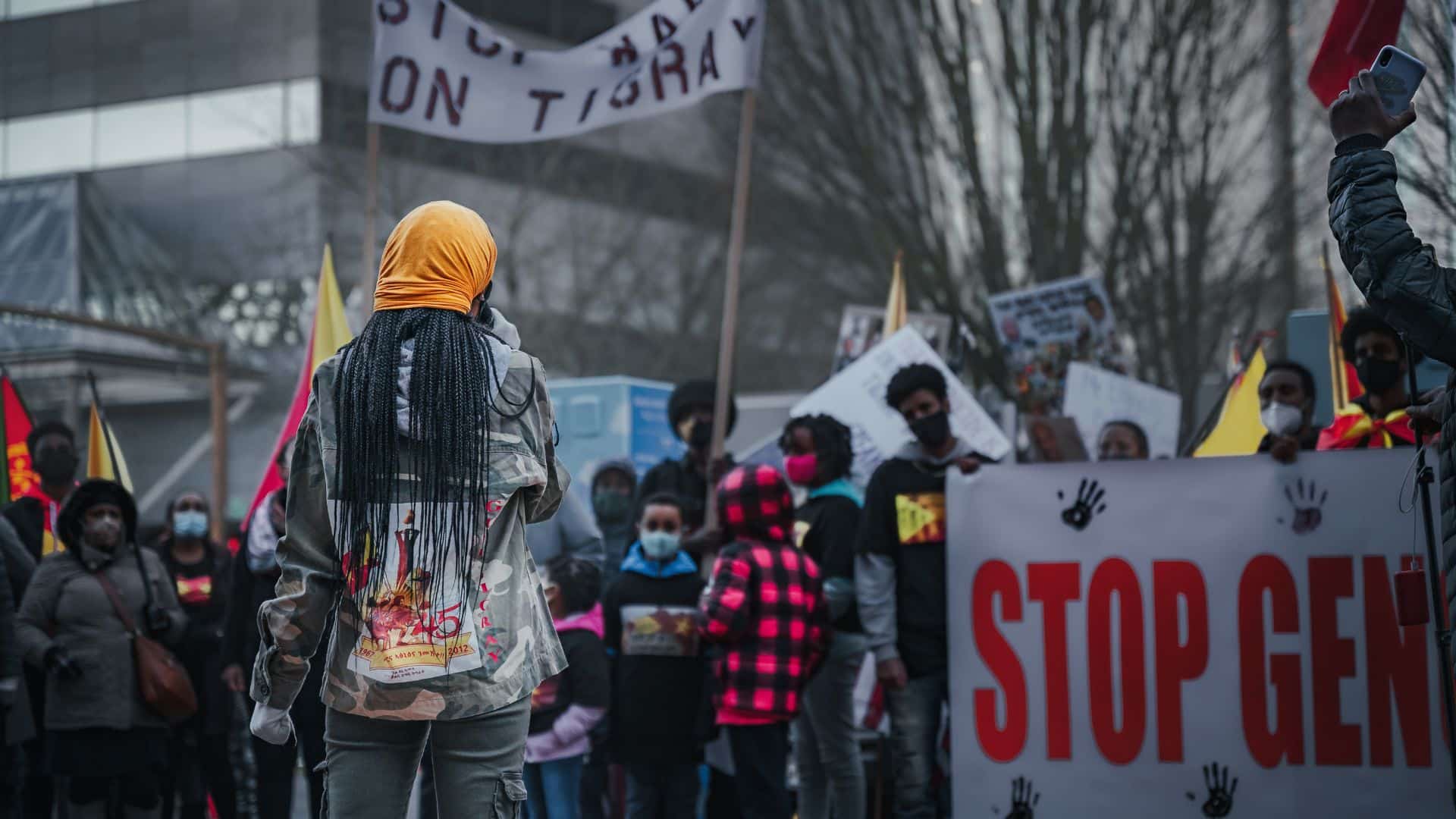
Political activists encounter many obstacles while working to create change in American society. These challenges can slow progress and test commitment.
Major challenges activists regularly face include:
- Limited funding: Most grassroots movements struggle to raise money for campaigns and events.
- Media bias: News outlets may overlook or misrepresent important stories to their audiences.
- Government resistance: Officials often oppose changes that threaten existing power structures and interests.
- Public apathy: Many citizens remain uninterested in political issues that directly affect their daily lives.
- Internal conflicts: Disagreements within activist groups can weaken their overall effectiveness and unity.
- Legal restrictions: Laws sometimes limit how and where activists can organize or protest peacefully.
Despite these obstacles, successful activists find ways to overcome barriers and continue their important work. Persistence and creative problem-solving help movements achieve goals.
Ways to Amplify Your Voice in Politics
Getting involved in political activism starts with small steps that anyone can take right now. Every citizen has the power to make their voice heard.
Effective ways to increase your political impact include:
- Start locally by joining neighborhood groups and attending city council meetings on a regular basis.
- Utilize social media platforms to share relevant content and participate in political discussions.
- Contact your representatives through phone calls, emails, or letters about key issues.
- Volunteer for political campaigns that support candidates who share your core values.
- Attend public events, such as rallies, town halls, and political gatherings, in your area.
- Register voters by helping friends and family members participate in upcoming elections.
Building political influence takes time and consistent effort from dedicated individuals. Begin with one or two activities that align with your schedule and interests.
Wrapping It Up
In summary, political activism in the US serves as a vital connection between citizens and their government representatives.
Technology broadens reach, while community presence builds trust; together, they form a complementary strategy.
Media coverage amplifies the messages of activists, although funding and legal barriers still pose challenges for many movements.
The impact on laws and policies shows that citizen involvement makes a real difference in American democracy.
Every contribution, no matter how small, adds momentum to collective political outcomes.
What issues do you care about most, and how will you start making your voice heard in your community?

